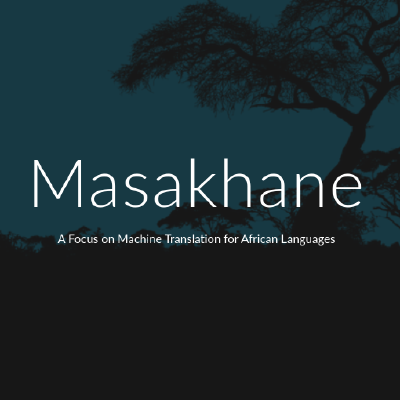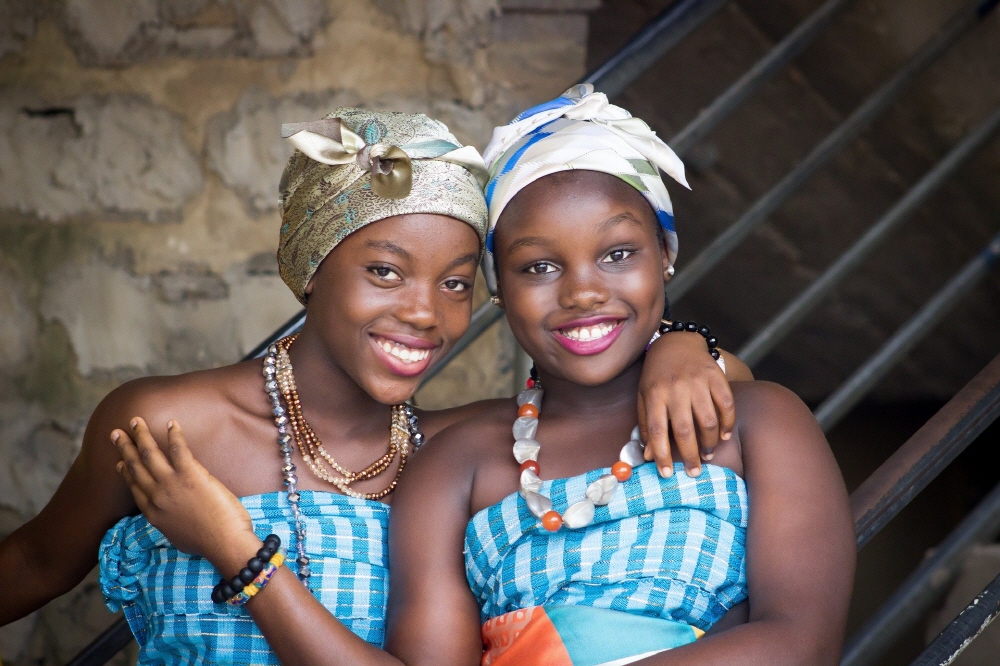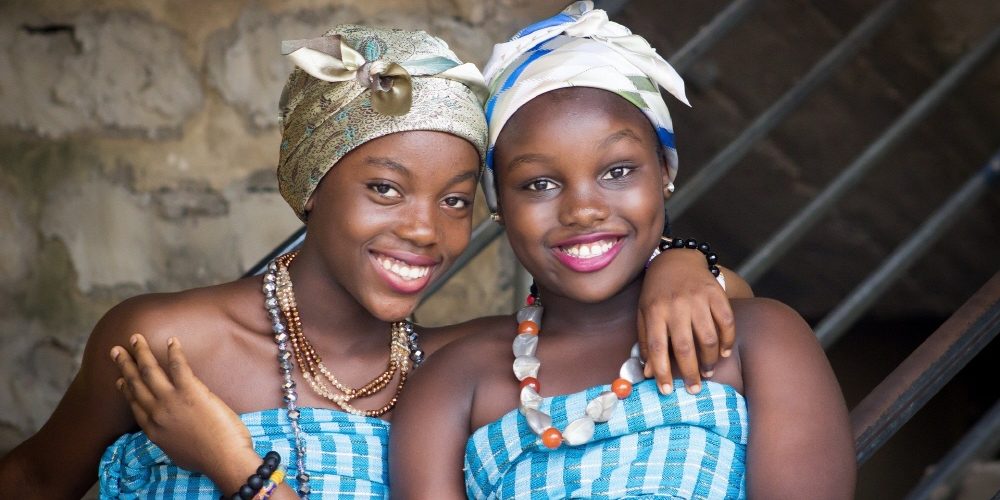
Masakhane is an open source project that brings together African AI researchers and engineers to use machine translation to translate more than 2,000 different languages in Africa.
The languages spoken in the African continent include English, French, and Arabic dialects, but there are many other languages spoken by African tribes since ancient times. There are more than 2,000 languages that exist on the African continent, which can be a barrier to communication or commerce because of the diversity.
South African AI researchers who started Masakane are Jade Abbott and Laura Martinus. The project is being carried out in collaboration with AI researchers and data scientists across Africa. They met at a conference on machine learning and natural language processing in 2019 to discuss a project to translate African languages into machine learning models, and then started Masakane. The project name Masakane means that we make together in Zulu.
Languages that can be machine-translated into Masakane include English in Nigeria Pidgin and Arabic dialects spoken in North and Central Africa as well as various native languages in Africa. Unlike European languages, these languages do not have specific benchmarks and large datasets. Therefore, Masakane plans to start working with other groups and linguists to create a language dataset.
If machine translation of various African languages is possible, it is expected to expand various benefits to Africans. Masatee currently has around 60 developers from across Africa. There are many developers in South Africa, Kenya, and Nigeria, and the participants are collecting data in their native language and conducting model training.
Engineers from Kenya’s Ruhiya, for example, speak Ruhiya when speaking with tribes. However, in Kenya, English is spoken in public places, including schools. In everyday life, each tribe speaks a different language, creating a communication gap. Translating African languages using machine learning could lead to growth in the use of AI in Africa and promote the movement of Africans to use AI in their lives. Projects across the African continent, such as Masakane, can be important for connecting communities of African developers and researchers and realizing long-lasting collaborations.

Language differences are a barrier, so removing the language barrier could allow many Africans to participate in the digital economy, ultimately the AI economy. It explains that it is the responsibility of those who participate in Masakane to allow those who cannot participate in the digital society to participate in AI.
According to a report published in 2019 by GitHub, the number of open source project participants in African countries such as Kenyan and Nigeria is increasing significantly. The African technology and developer ecosystem is also attractive to Silicon Valley companies, and in 2019, CEO Jack Doh of Twitter and CEO of GitHub Nut Friedman visited Africa one after another.
Participants in Masakane explained that the African developer community is growing rapidly and that machine translation for African languages is attractive. Masakane could be a foothold to promote African developers to the world. Through Masakane, English literature can be translated into various African salmon, which can lead to cultivation of many talents.
In addition, Masakane can enhance understanding of structural differences between languages. Not only does it mean that it gives Africans a variety of opportunities, but the reason for the developer’s participation in Masakane also points that the success of AI projects by Africans could lead to easing restrictions on African AI researchers. Most of the major AI-related conferences are held in Europe, Asia and North America, and African researchers have limited opportunities to interact with other researchers. It is said that even Africans who have been educated in Western countries, government agencies, etc., refuse to accept African AI researchers.
In December 2019, the AI International Conference (NeurIPS) was held in Vancouver, Canada, but African and Asian researchers reported that the Canadian government refused to issue visas. Even if this prejudice against African developers is eliminated, it is important to successfully lead AI projects by Africans.
In addition, African developers who participated in Masakane can exchange various knowledge to stimulate each other’s development. Related information can be found here .


















Add comment